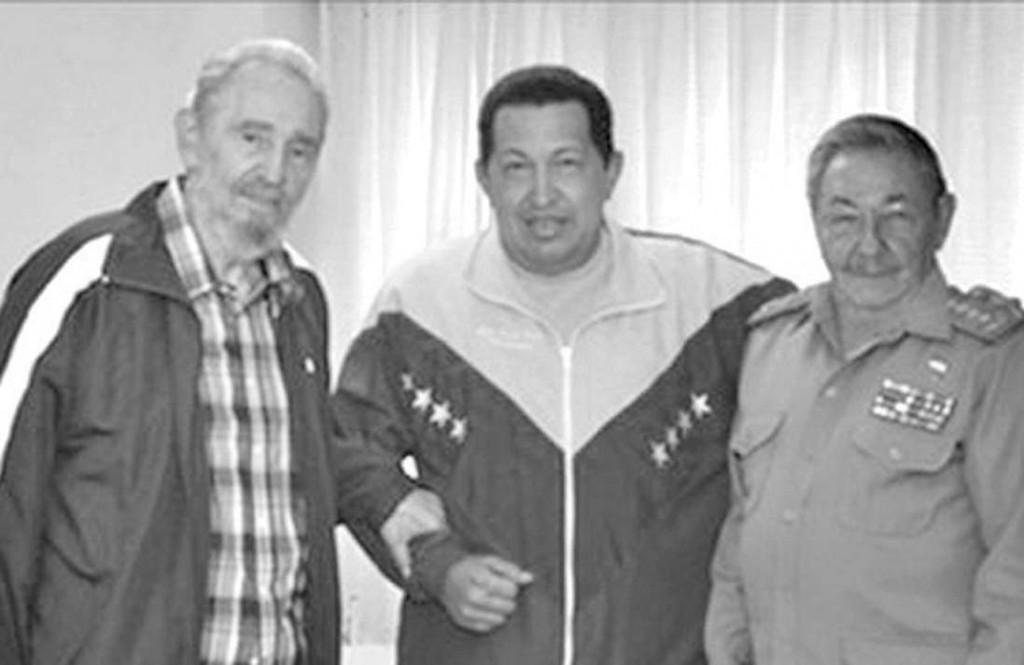Newspaper report stirs debate
| Prime Minister of Belize, Dean Barrow, says he has held talks with the President of the Trinidad-based Caribbean Court of Justice (CCJ), Michael de la Bastide, amidst mounting concerns over threats to the court’s existence. |
The CCJ was established in 2001 to replace the London-based Privy Council as the region’s final court. Caricom countries have signed on to the original jurisdiction of the court, which serves as an international tribunal to interpret the Revised Treaty of Chaguaramas that governs the Community. However, only Barbados, Guyana, and Belize are signatories to the appellate jurisdiction of the Port of Spain-based court.
Last weekend, five eminent Caricom nationals called on the Trinidad and Tobago government to “distance itself” from what they refer to as threats to the existence of the CCJ.
In a three-page statement, former Jamaica Prime Minister PJ Patterson, former Caricom Secretary General Alister Mc Intyre, former Commonwealth Secretary General Sir Shridath Ramphal, Dominica’s President Nicholas Liverpool, and University of the West Indies Vice Chancellor Sir George Alleyne warned that issues have arisen in Trinidad and Tobago “ which could threaten the very existence of the CCJ”.
The five, who are recipients of the Order of the Caribbean Community (OCC), said there were “studied distortions in the media regarding Trinidad and Tobago’s financial obligations to the court, and related innuendos about the country’s withdrawal from the process.”
They said, “…any attempt to create a climate of hostility to the court by distortions in the country of the court’s location is serious in itself.
“When it is accompanied by suggestions of creating a National Court of Appeal in place of the CCJ, the implications for the people of the Caribbean Community, including Trinidad and Tobago, become stark and troubling.”
Barrow, who is the Caricom leader “with the most direct responsibility for the court”, said that if the CCJ were to be removed from Port of Spain, it would be “very disruptive” for the region.
“Now, I want to stress, as far as I understand, this is just a matter of a media report. I don’t know that any official position has been taken by the new government of Trinidad and Tobago, but the press report was worrying enough for President de la Bastide to discuss the matter with me…” Barrow told local television on Monday night.
Barrow reiterated that the Kamla Persad- Bissessar administration has not made any public statement regarding the location of the CCJ.
He said he welcomed the statement issued by the five eminent Caribbean persons, adding, “It is just as well that Caribbean personalities of influence are weighing in on the matter so that perhaps it’s a pre-emptive strike”.
On August 12, the Trinidad Express newspaper ran a story indicating that Port of Spain had spent just over TT$200 million (US$33.3 million) to fund the CCJ since its inception in 2006. The paper said that Trinidad and Tobago’s share of the US$99.5 million Trust Fund to finance the CCJ, which is intended to replace the London- based Privy Council as the region’s final court, was US$31.6 million.
In addition, according to the newspaper article, Port of Spain also paid nearly five million U. S. dollars to rent properties for the court between December 2004 and May this year. It said that the Ministry of the Attorney General also paid more than TT$ 3.8 million (US$633,300) in electricity bills from the period January 2005 to May 2010.
In a message to mark Independence Day, the Opposition Leader in Trinidad and Tobago, Dr Keith Rowley, called on the Persad-Bissessar government to support the CCJ.
In their statement, the eminent Caribbean nationals reminded that Trinidad and Tobago “had fought forcefully for the headquarters of the court”. They went on to say that the agreement establishing the CCJ was signed on the basis of the modalities that were agreed upon by the regional leaders, including the then Trinidad and Tobago Prime Minister, Basdeo Panday.
“We wish particularly to correct the inference that Trinidad and Tobago is carrying a disproportionate cost of the CCJ. The running costs of the court are paid from the annual income of a trust fund … raised by the Caribbean Development Bank. All Caricom countries are responsible for the trust fund in agreed amounts,” they said. (CMC)

